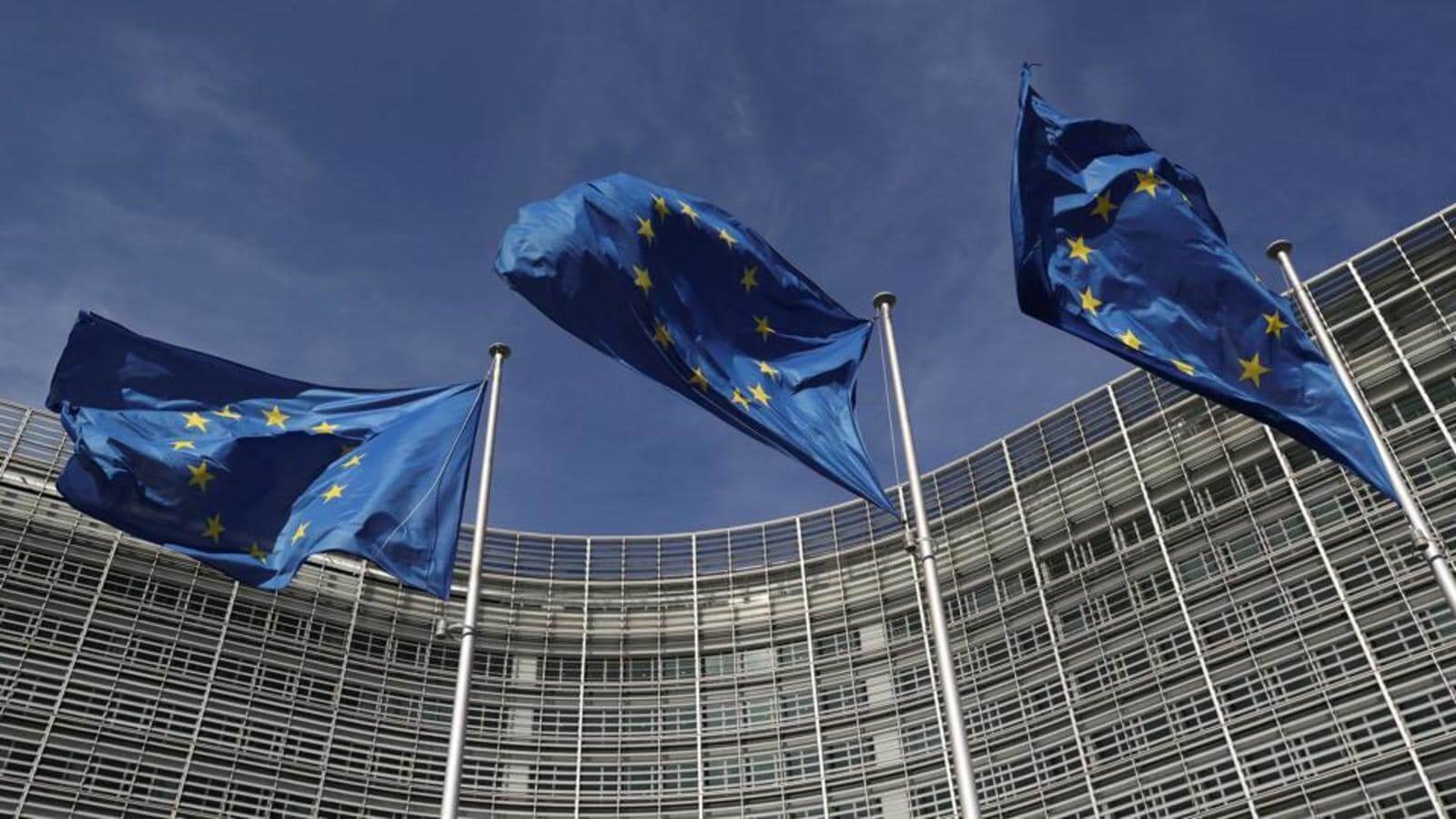On Monday, the European Council adopted the ten-page-long “[European Union] Strategy for cooperation in the Indo-Pacific”, which aims to determine the bloc’s approach and involvement in the region. The key factors on which the EU intends to enhance its influence include: “ocean governance, health, research and technology, security and defence, connectivity, and […] global challenges such as climate change.”
Primarily, the document aims to strengthen the bloc’s cooperation with its allies in the Indo-Pacific. Further, the strategy will now also seek to enhance partnerships with “third countries for mutual benefit”, along with multilateral forums such as the ASEAN. To achieve this, the EU vowed to take an “inclusive and broad-based” approach. This statement is of particular significance, specifically in light of the upcoming ASEAN summit, which will be hosted by the Philippines and is set to commence on April 23.
According to a statement published by the bloc’s foreign ministers, the strategy will “reinforce [the EU’s] strategic focus, presence, and actions” in the region and further critical principles of “democracy, rule of law, human rights, and international law.” While the reference to China was implied, the document refrained from explicitly calling out Beijing’s activities in the region that are in contravention of these principles. In fact, the statement reiterated that the strategy was not “anti-China” and merely aimed at working with “like-minded partners”. In this regard, it also referred to the China-EU Comprehensive Agreement on Investment and stressed on the need to engage with Beijing on issues of concern.
However, experts predict that the policy is a formal declaration of the EU’s support to American President Joe Biden’s desire to counter China’s growing aggression in the region, as it will result in greater diplomatic engagement in Indo-Pacific issues, along with an enhanced deployment of patrolling ships to the region. Moreover, despite its balanced formal stand on Beijing, the EU has been increasingly critical of China’s domestic policies on Hong Kong, the Xinjiang region, and the COVID-19 pandemic.
The Indo-Pacific has become increasingly important for the EU. Not only does the region house 60% of the world’s population but is also responsible for 60% of the global GDP. A release by the European Union (EU) said that this document was adopted specifically in light of the long-lasting partnership with countries in the Indo-Pacific. This, the statement said, reiterated the bloc’s commitment towards the region and its allies. Furthermore, enhancing cooperation in the Indo-Pacific, the release said, is necessary to achieve the United Nations’ Sustainable Development Goals (SDGs). In light of this, the bloc has been increasingly involved in the region through “development cooperation and humanitarian assistance, tackling climate change, biodiversity loss and pollution, and contributing to upholding international law, including human rights and freedom of navigation.” Additionally, the release said that the geopolitical and strategic relevance of the region, specifically in light of its relevance to maritime trade and connectivity, highlights the importance of reaffirming the bloc’s commitment to a rules-based order in the Indo-Pacific.
Several members of the bloc have previously adopted strategies on the Indo-Pacific and enhanced their presence in the region. For instance, in October last year, French President Emmanuel Macron announced his decision to appoint an envoy to the Indo-Pacific, who was given the responsibility of strengthening multilateralism and increasing cooperation in the region. Just a month before this announcement, Germany, too, decided to strengthen its presence and partnerships in the Indo-Pacific with the aim of furthering the rule of law. At the time, German Foreign Minister Heiko Maas said, “We want to help shape (the future global order) so that it is based on rules and international cooperation, not on the law of the strong. That is why we have intensified cooperation with those countries that share our democratic and liberal values.”
European Council Approves European Union’s Plan to Increase Presence in Indo-Pacific
On Monday, the European Council approved the European Union’s strategy to increase the bloc’s influence in the Indo-Pacific and “reinforce its strategic focus, presence and actions”.
April 20, 2021

SOURCE: REUTERS
